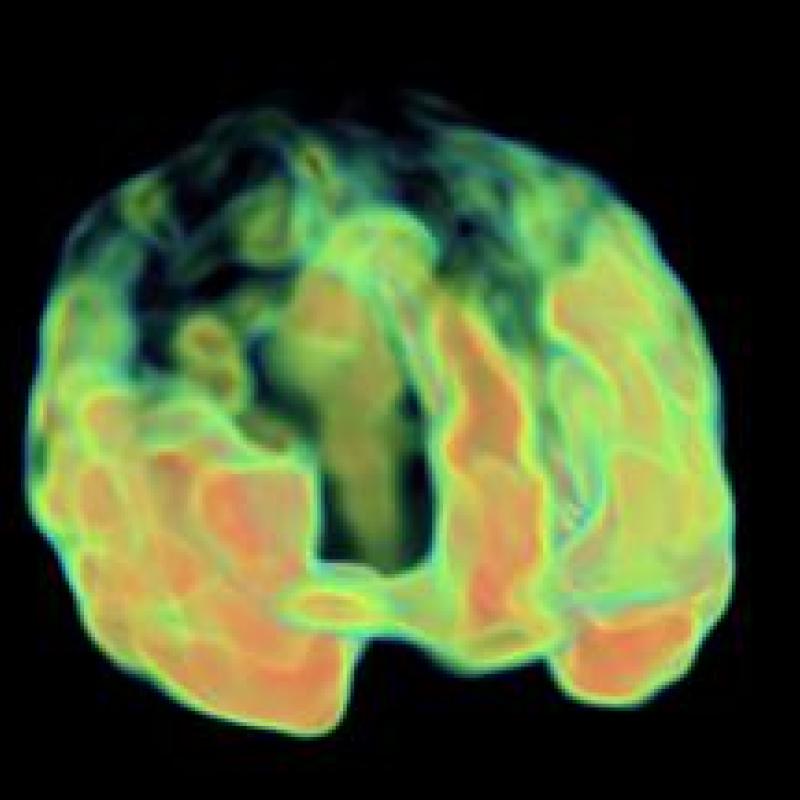
2023 Newsletter & Impact Report
Download this year's Prechter Program Newsletter and Impact Report

Download this year's Prechter Program Newsletter and Impact Report

The U-M Bipolar Disorder Clinic website has an amazing list of resources on bipolar disorder!

Director of the Prechter Program, Melvin McInnis, M.D., FRCPsych wrote a new article for bpHope that details the latest finding from the Prechter Longitudinal Study of Bipolar Disorder.

Watch the Brain and Behavior Research Foundation webinar featuring Sarah Sperry, Ph.D., today!

BD²: Breakthrough Discoveries for Thriving with Bipolar Disorder has announced the University of Michigan as one of the inaugural institutions that will launch the groundbreaking BD² Integrated Network.

Prechter Program Researchers recently published a paper that examined the latest key findings in the Program's cohort profile.

Congratulations to Sarah Sperry, Ph.D., Assistant Professor of Psychiatry and Associate Director of the Prechter Program, for her K23 Award!

Join Sarah Sperry Ph.D., and the Brain and Behavior Research Foundation on September 12th for their webinar "A Precision-Health Approach to Bipolar Disorder."

Hanjoo Kim, Ph.D., a Postdoctoral Fellow with the Prechter Program, was awarded the Society for Research in Psychopathology President's Award.

The groups came together in June of 2023 in Chicago, IL for a Summit focused on improving and expanding the inclusion of mood-related terms within the Human Phenotype Ontology Group.

NAMI Volunteer, Lily Johns pens her thoughts about the Prechter Program "Living Well with Bipolar Disorder" webinar.

Sarah Sperry, Ph.D., Associate Director of the Heinz C. Prechter Bipolar Research Program wins the award at the 2023 International Society of Bipolar Disorders Conference.

Sarah Sperry, Ph.D., makes her television debut on NAMI Washtenaw County's "The Mental Health Agenda."

Check out the Summer 2023 e-Newsletter and what's been going on at the Prechter Program.

Prechter Program research participant, Wendy Ascione-Juska wrote about her mental health journey for NAMI Washtenaw County.

A recent article from Mental , "Is it ADHD? Or Bipolar? Could It Be Both? What. Is. Going. On." explores the overlap of the two conditions. Dr. Kelly Ryan of the Prechter Program weighs in.

Sarah Sperry, Ph.D., expands on how we look at wellness: "Health is more than the absence of disease"

What to Do About Low Moods Between Bipolar Episodes

Collaborators at Deakin University in Australia used data from the Prechter Longitudinal Study of Bipolar Disorder to examine the experiences of interpersonal trauma and its affects on the trajectory of bipolar disorder.

Victoria Murphy, Prechter Program and EmoTe Lab Research Assistant was awarded the Louis Bernstein Psychology Research Award to support her honor’s thesis.